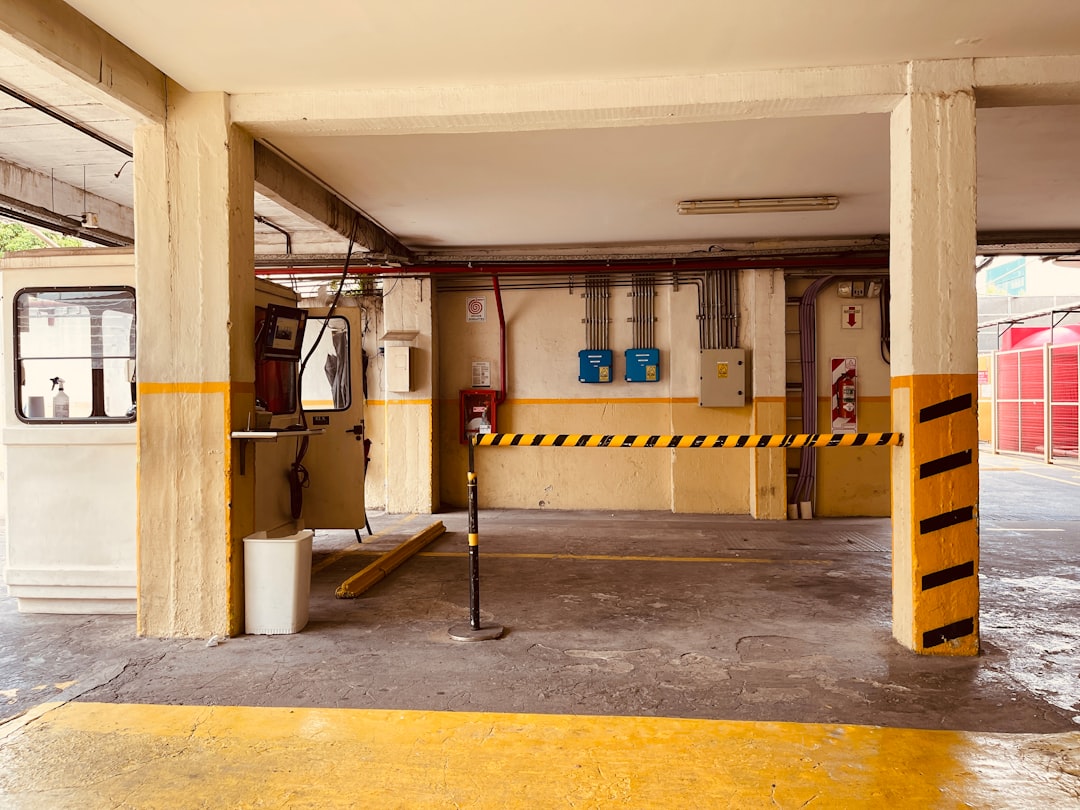Professional Garage Furnace Installation by CountBricks
Price source: Costs shown are derived from our proprietary U.S. construction cost database (updated continuously from contractor/bid/pricing inputs and normalization rules).
Eva Steinmetzer-Shaw
Head of Marketing
Professional Furnace Installation in Garages: A Comprehensive Guide
Installing a furnace in your garage can transform it into a functional workspace, especially in colder climates. Costs typically range from $4,200–$6,500, depending on factors like BTU size, efficiency, and installation specifics. This guide provides insights into the process, ensuring you make informed decisions for your project.
Understanding Code and Safety Requirements
Adhering to the International Residential Code (IRC) is crucial for garage furnace installations. Key considerations include:
- Minimum 18-inch ignition source height to avoid fuel vapors
- Sealed-combustion models for garages storing volatile chemicals
- Dedicated GFCI electrical circuits for high-efficiency units
- Fire-rated vent penetrations between garage and living areas
Choosing the Right Furnace Type
- Forced-air gas furnaces: Ideal for large, detached garages
- High-efficiency condensing furnaces: Lower operating costs, suitable for attached garages
- Ductless gas unit heaters: Quick installation, minimal footprint
- Electric furnaces: No combustion venting, perfect where gas service is unavailable
CountBricks engineers assess your garage's specifics to recommend the best furnace type, optimizing for cost and efficiency.
Step-by-Step Installation Process
- Project initiation: Describe your needs, e.g., “Install a 60,000 BTU furnace in my 24x30 garage.”
- AI Estimate: Receive a detailed proposal with real-time pricing and labor estimates.
- On-site verification: Technicians confirm installation specifics.
- Scheduling and procurement: Materials and crew are coordinated for timely installation.
- Installation and inspection: Certified installers ensure compliance and quality.
Cost Factors for Garage Furnace Installation
Several variables influence the cost of installing a garage furnace:
- BTU size and efficiency rating
- Venting length and termination type
- Gas line upgrades or new meter fees
- Electrical upgrades for dedicated circuits
- Insulation improvements
Reducing Project Costs with CountBricks
- Bulk material discounts through AI-driven orders
- Real-time pricing to avoid unexpected cost increases
- Efficient task sequencing to minimize labor costs
Integrating Garage Heating with Home Systems
Adding a furnace to your garage can affect your home's HVAC system. CountBricks technicians ensure optimal integration, balancing pressure and recommending smart thermostats for energy efficiency.
Expert Tips for Successful Installation
- Plan tool storage before installation
- Consider infrared heating for vehicle-focused warmth
- Seal slab perimeters to prevent heat loss
- Install CO detectors for safety
- Document vent installations for future reference
Case Study: Transforming a Garage into a Heated Workspace
Mrs. Nguyen's 550-square-foot garage in Buffalo was transformed into a year-round workspace with a 45,000 BTU condensing furnace. The project cost $5,000–$7,500, including insulation and a smart thermostat.
Project Execution
- Materials were delivered just in time for installation
- Installation completed in a single day
- Digital inspection streamlined approval
Results and Insights
The garage maintains a comfortable temperature with minimal impact on utility bills. Automated documentation enhances resale value by providing verified installation data.
Explore more solutions at CountBricks.com.

